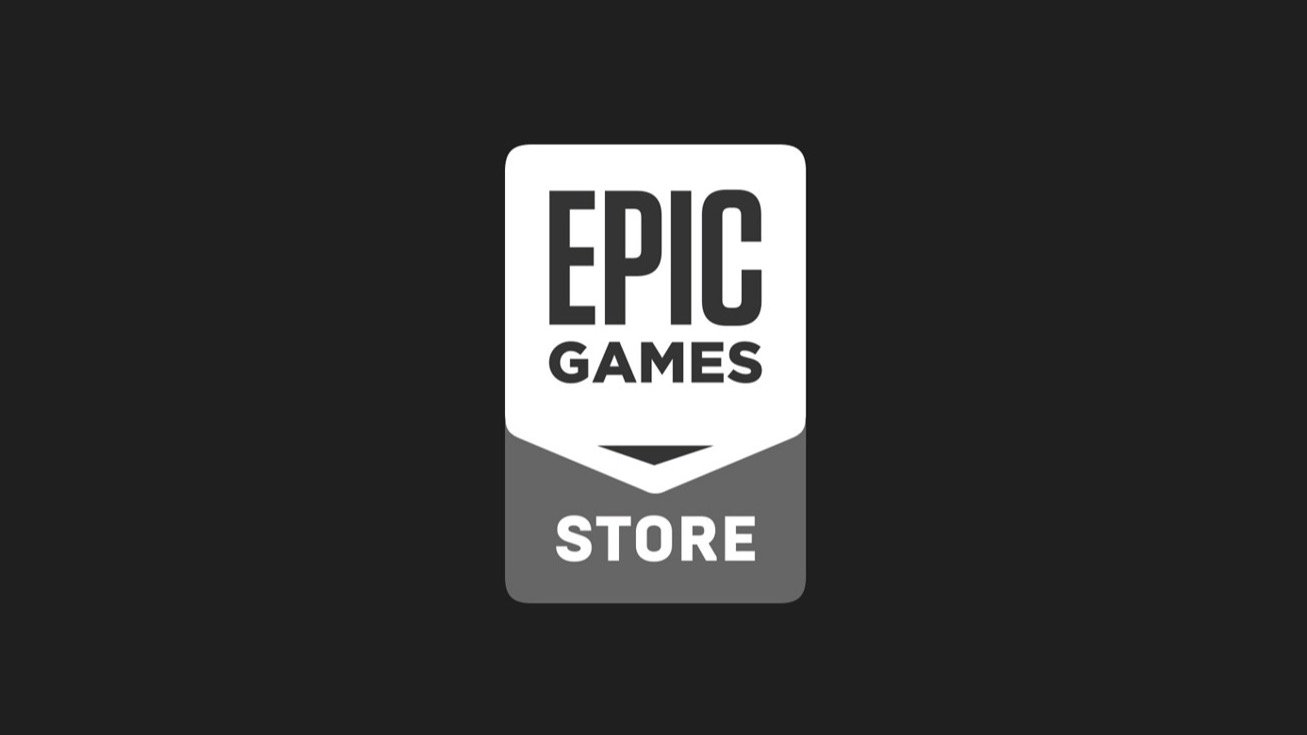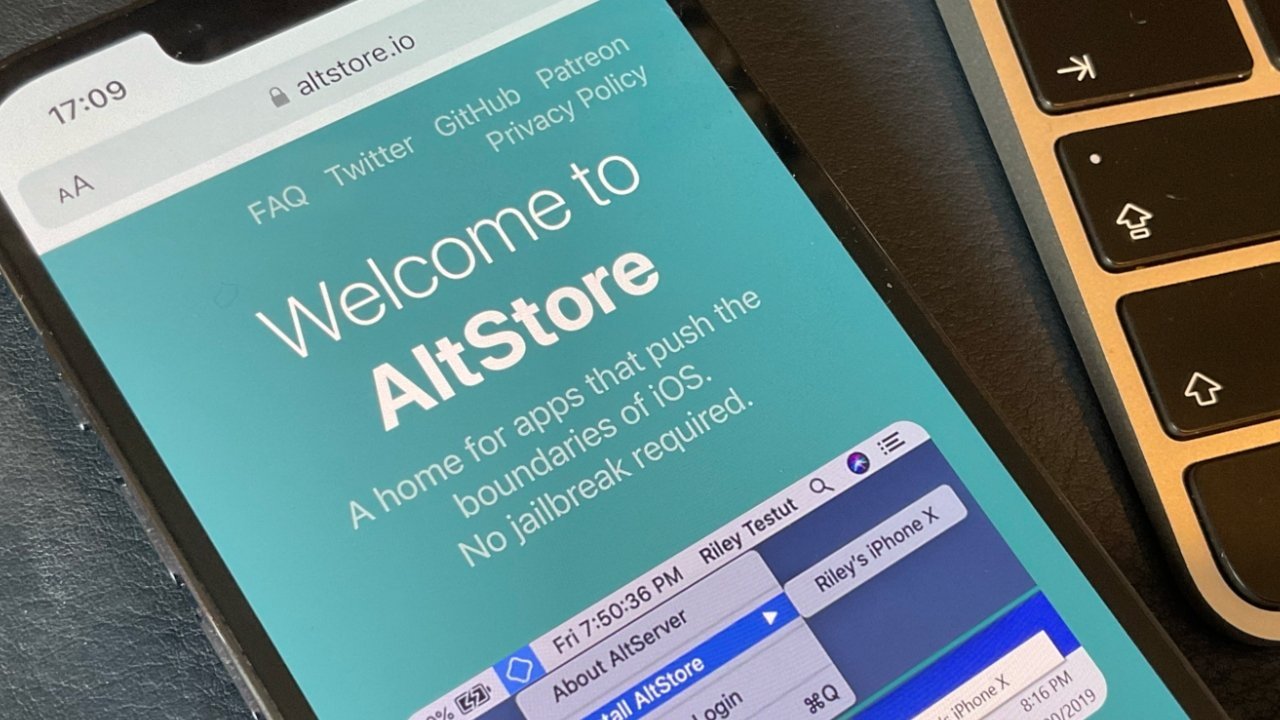Good news for European Union “Fortnite” fans — Epic Games is planning to relaunch the game on its own iPhone app store.
The company has posted a status update on X.com updating its followers. Epic has now submitted both the Epic Games Store and the updated Fortnite app to Apple for its required notarization process.
The company has protested nearly every part of Apple’s procedures for setting up alternative app stores and submitting apps thus far. However, it has decided to follow the required rules for now, in hopes of returning its game to iOS users.
Epic was banned from selling its products and services in the Apple App Store, and briefly lost its developer license after deliberately breaking Apple’s rules. The company has since had its developer status restored after the European Union passed its Digital Markets Act (DMA) rules.
The DMA and its consequences
The DMA has forced Apple to open up its platforms to third-party developers with minimal restrictions. However, the company has reserved the right to check third-party apps and app stores for adherence to Apple’s security and user privacy policies.
This is part of its requirement that apps be “notarized” as valid and compliant before being offered outside of the official Apple App Store.
Epic and other developers like Spotify have complained about the requirements. The EU is currently investigating both Apple’s rules around alternative app stores as well as its Core Technology Fee.
It has also recently dinged Apple for its anti-steering rules. Apple has already made some changes to the policy in response, but Epic has challenged those rules in court.
For developers selling through other app stores, the Core Technology Fee (CTF) is a royalty paid to Apple after the first million installs of a given app. The fee is currently set at 0.5 Euro (about 54 cents US) per install.
There is an exception to the fee for apps that are offered free of any charge.
In addition, any third-party app store must also pay the Core Technology Fee for each new download. For the alternative stores, there is no exception for the first million units.
This means that Epic’s planned app store would owe Apple a half-Euro for each install over the first million. It would then owe Apple another half-Euro for every download from its own app store.
Owners of alternative app stores, such as Riley Testut’s AltStore, have complained to the European Union about the fee.
Apple defends it as being a charge for leveraging Apple’s technology and notarization services. These services ensure that developers and other app stores sell items that work on Apple’s platforms.

